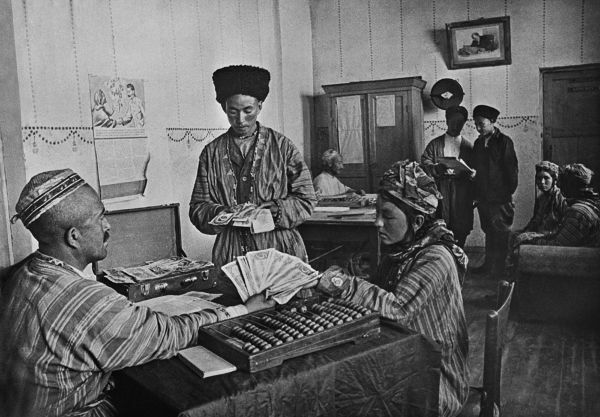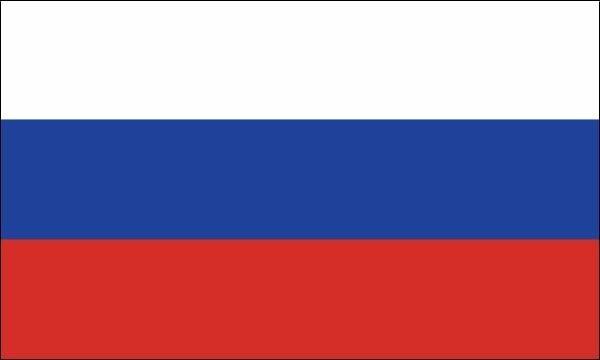In December 2000, the United States passed the “Children's Internet Protection Act,” also known as the CIPA, which requires subsidized schools and libraries. by the federal government have a technology that ensures that minors do not have access to obscene content, child pornography and other content to them inappropriate. Thus, the establishments ended up adopting filters, aiming to avoid the contact of students with such materials.
Due to the fact that filters and other technologies are imperfect, and may even end up filter useful educational resources, some even advocated the adoption of parallel solutions to problem. In this sense, the “Child Online Protection Act” (COPA) was approved and a commission was created to study methods of reducing the access of minors to sexually explicit materials. The commission, made up of representatives from the online technology and services industry, major federal agencies, child rights groups, and adolescents, religious groups, educators and librarians, concluded that a combination of factors (technical, legal, economic and educational actions) would be the best solution.
In turn, in the US state of Virginia, a law was passed that requires public schools to teach about Internet Safety. The law – effective July 1, 2006 – requires the state's Department of Education to draw up instructions on the inclusion of the subject in the curriculum. Even before the law, several schools had already adopted the discipline in class time or even informally.
Workshops have also had an effect in the United States. When it comes to teenagers, the idea “it doesn't happen with me” prevails, but when you are placed in front of groups of people who have already been through a danger situation on the Internet, or at least educators use detailed real-world examples to emphasize the dangers online, the message is received. “It's necessary for students to be able to visualize themselves or their friends in the story,” says Parry Aftab, director of the American NGO Wired Safety.
In Great Britain, in 2002, the Department of Information Science at Loughborough University conducted an audit. in 577 English schools, aiming to collect data on what has been done in relation to safety practices online. Some of the items analyzed were: existence of filters, Internet use policies, monitoring and education of students; online safety teaching methods; methods of implementing usage policies and identifying the source of security information, and whether this information received is actually put into practice.
According to a British survey, 61% of teachers do not feel prepared to deal with digital education. Teachers don't need to understand everything about technology, but at least they do need to know about online risks. British schools tend to believe that digital education is limited to applications involving the school environment, leaving aside subjects such as chats, instant messages and P2P, for example. They believe that, as they are subjects that are not part of the day-to-day school life, they should be the responsibility of the parents. We question this position.
In Portugal, at the level of the 1st, 2nd, 3rd cycle of education and secondary education, there is no curriculum that addresses issues of online safety for the youngest. The focus is all on learning the basic tools (word processor, spreadsheet, etc.) and basic applications related to Internet access. However, there is scope for teachers to address other issues with students, but it is always at the teacher's discretion. Thus, one or another teacher adopts commendable attitudes, but even so, they still need help. And the same goes for parents.
In the remaining Portuguese-speaking countries, the challenge is to manage to bring information and communication technologies to the population, as there is a lack of equipment, software, among others.
In Brazil, there is a lot of talk about Digital inclusion, but little in digital education. While governments and multinational companies invest in equipment and education on how to use basic tools, lack of instruction regarding correct use, according to basic principles of citizenship.
Researching the subject, we found a Brazilian teacher named Cleide Muñoz, who teaches computer ethics classes to students from 5th to 8th grade. Cleide's attitude is, indeed, commendable. But, in general, a feeling of insecurity still prevails in this globalized but shredded “quilt”. “Security on the Internet”, “Ethics in Computer Science”, “Digital Citizenship”: it is necessary to organize the discipline and prepare teachers for a complete and adequate teaching.
That's why we are developing the project “digital education”, which includes lessons on Security and Privacy, and Digital Citizenship and Ethics. At first, lectures are given to school keepers, teachers, parents and students, always in separate groups and focusing on the needs of each group. In the not-too-distant future, we see the possibility of adding the subject to the curriculum, either as an independent subject or part of related subjects, such as Computer Science.
The important thing is not to waste time. We live in a new era – the Digital Age – in which information is bombarded with astonishing speed. We are the Information Society! If we don't pay enough attention to this new kind of education, the children of today will be the confused, lost and uninformed adults of tomorrow. Shall we sit idly by?
By Carolina de Aguiar Teixeira Mendes
Lawyer and consultant in Law and Digital Education
[email protected]
Thanks:
Anne Collier, Tito de Morais and Parry Aftab.
Sources:
http://www.internetsuperheroes.org
http://www.washingtonpost.com
http://www.lsj.com
http://safety.ngfl.gov.uk/schools
http://image.guardian.co.uk
http://br.buscaeducacao.yahoo.com/.../atica_online_vi.html
education - Brazil School
Source: Brazil School - https://brasilescola.uol.com.br/educacao/educacao-digital.htm


